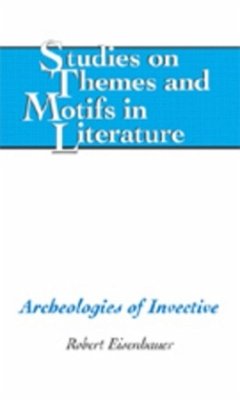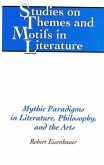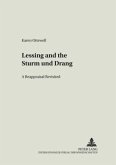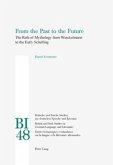Focusing on specimens of discourse where criticism assumes a flagrantly bucolic persona, Archeologies of Invective investigates hitherto little acknowledged contexts of irony, aggressivity, and vilification. After considering briefly Lucilius and Horace, the author evaluates such diverse figures as Poggio Bracciolini, Quevedo, Dunbar, Poe, and Mencken before proceeding to sustained discussion of Goethe's Italian Journey, Werther, and the «Invektiven.» In terms of prime-time satiric virtuosity, Byron's Don Juan recycles pastoral animus, acting as a rogue-like mirror-text of the Schiller/Goethe Xenien of the late 1790s. Sidney's double sestina and Villon's «Ballad of the Women of Paris» are seen inaugurating the modern age, while, at the dawn of the avant-garde, Verlaine's «Invectives» sample Goethean and Villonesque attitude at a new level of recherché «vulgarity.» Low- and Highbrow, outlaw and Philistine resurface in Wyndham Lewis's Arcadian perspective on the artist-intellectual. Poets Robert Frost and Theodore Enslin are seen reinvigoratoring the edgily «agrest» scene of invective in America. Archeologies of Invective situates itself also with respect to a psychohistorical terrain - altered states of consciousness reflecting Faustian transition: the dislocation of the peasant class, the empowerment of women as a heterological «state within a state,» the advent of modern weaponry, and the rise of alcohol - whose genealogy becomes nothing short of a «gin-eology.» Stable notions of character give way to impersonal, pantomimic terms of art, such as caliber; the hero is displaced by the wanderer, thief, madman, and clown. Not limiting itself to the literary canon, Archeologies includes analyses of gangster films and sports legends in the context of Arcadian motivation. Finally, Eisenhauer places Philip Roth's American Pastoral within the arc of 19th-century pastoral fiction, locating a prosaic «Nowadays» in which criticism is still inscribed, as evidenced byFish's explication of pastoral in the context of professional correctness.
Bitte wählen Sie Ihr Anliegen aus.
Rechnungen
Retourenschein anfordern
Bestellstatus
Storno








